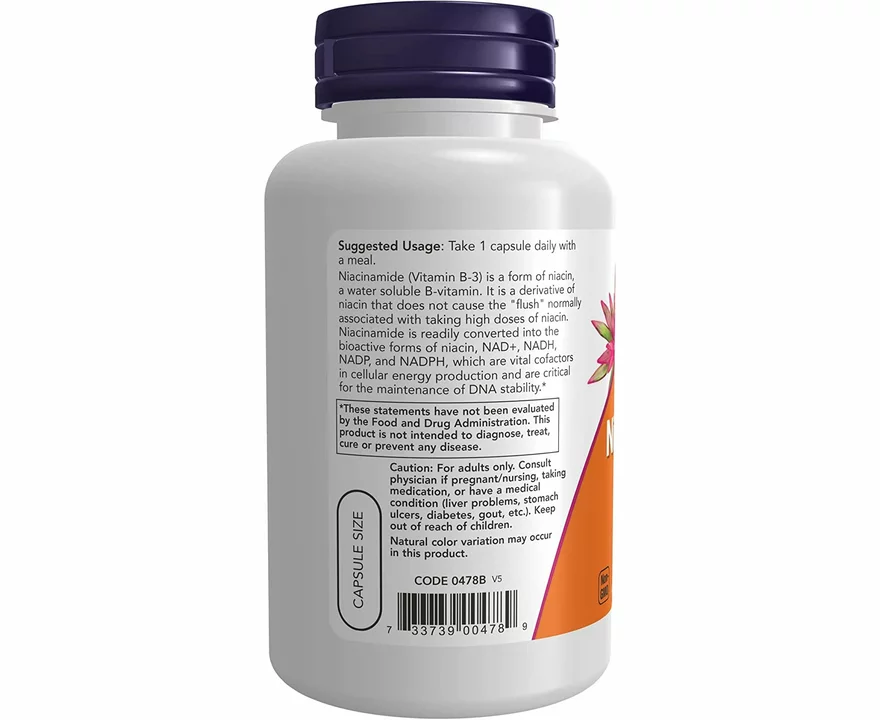Gut Health Basics for Better Digestion and Fertility
If you’ve ever felt bloated or struggled with irregular periods, chances are your gut is sending mixed signals. A healthy gut not only keeps you comfortable after meals, it also influences hormone balance, immune function, and even the chance of a successful IVF cycle. The good news? You can improve it with everyday choices – no fancy diets required.
First off, think of your gut as a bustling city of microbes. When good bacteria thrive, they help break down food, produce vitamins, and keep inflammation low. When bad bugs take over, you might see constipation, gas, or skin flare‑ups, all of which can throw hormones out of whack.
Everyday Habits for a Happy Gut
Eat fiber every day. Aim for at least 25 grams of fiber from fruits, veggies, whole grains, and legumes. Fiber feeds friendly bacteria and keeps bowel movements regular. A simple bowl of oatmeal topped with berries does the trick.
Stay hydrated. Water moves food through your intestines and prevents stool from hardening. Carry a refillable bottle and sip throughout the day.
Limit processed sugar. Sugar feeds harmful microbes that produce inflammatory compounds. Swap sugary drinks for herbal tea or plain water, and choose whole fruit over candy.
Get enough sleep. Poor sleep disrupts the gut‑brain axis, leading to cravings and sluggish digestion. Aim for 7–8 hours of quality rest.
Move your body. Light exercise like walking or yoga stimulates intestinal muscles and reduces stress hormones that can upset gut balance.
Supplements & Medications That Support Gut Balance
If diet alone isn’t enough, a few targeted supplements can fill the gaps. Probiotic capsules with strains such as Lactobacillus rhamnosus or Bifidobacterium lactis are the most studied for fertility‑related outcomes. Take them on an empty stomach for best absorption.
Prebiotics – fibers that feed good bacteria – come from foods like garlic, onions, and chicory root, but a daily dose of inulin powder is also easy to add to smoothies.
For those dealing with chronic constipation, an over‑the‑counter stool softener containing docusate can be helpful short term. However, avoid long‑term use of strong laxatives; they can deplete the gut’s natural bacteria.
If you’re on medication that disrupts digestion (like certain antibiotics), ask your doctor about a probiotic break or a specific strain to counteract side effects. Many fertility clinics recommend a short course of probiotics after IVF to support implantation.
Lastly, keep an eye on food intolerances. Lactose, gluten, or FODMAP sensitivities can cause hidden inflammation. A simple elimination trial – removing one suspect for two weeks and noting changes – often reveals the culprit.
Putting these steps together creates a gut environment that’s less inflamed, more nutrient‑rich, and better able to support hormonal health. You don’t need to overhaul your life overnight; start with one habit, track how you feel, then add another. Over time, those small changes add up to a smoother digestion experience and a stronger foundation for fertility goals.

The Impact of Acetyl-L-Carnitine on Gut Health and Digestion
As a blogger, I've recently discovered the incredible impact Acetyl-L-Carnitine has on gut health and digestion. This powerful amino acid plays a crucial role in breaking down fatty acids, which in turn, helps improve overall gut function. I've learned that incorporating Acetyl-L-Carnitine into my diet has not only improved my digestion but also enhanced my overall gut health. It's fascinating to see how this amino acid can make such a significant difference in our well-being. I highly recommend looking into Acetyl-L-Carnitine for anyone experiencing gut-related issues.